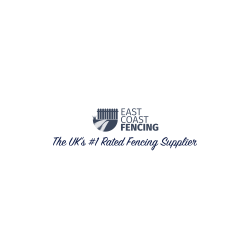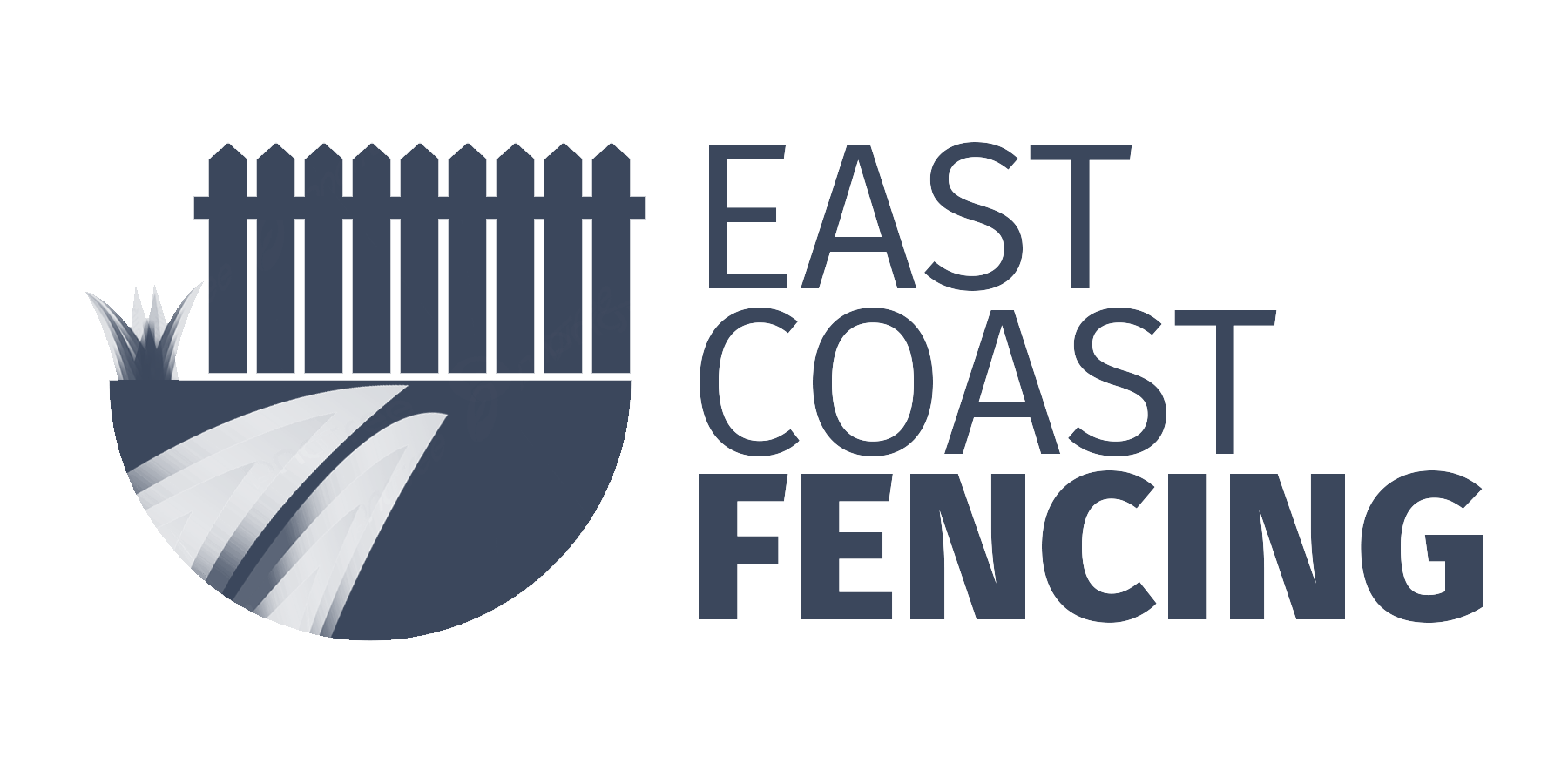Choosing the Right Agricultural Fencing for Your Farm

When it comes to running a successful farm, choosing the right agricultural fencing is a decision that shouldn't be taken lightly. The proper fencing not only secures your livestock and crops but also contributes to the overall management and efficiency of your farm operations. With a plethora of fencing options available, making the right choice can feel daunting. This comprehensive guide aims to simplify the process, ensuring you select the best fencing solution to meet your agricultural needs.
Understanding Your Needs
Before investing in fencing, it's crucial to assess your specific needs. Consider the type of livestock you have, the layout of your farm, and any potential threats, such as predators or trespassers. Different types of animals require different fencing for optimum security and containment. Likewise, the topography of your land may influence your choice of fencing material and design.
Types of Agricultural Fencing
1. Barbed Wire Fencing
Barbed wire is a cost-effective and popular choice for cattle and sheep farms. It deters animals from pushing against the fence due to its sharp edges, making it effective for large enclosures. However, it's not suitable for farms with animals that have fine coats, such as horses, as it can cause injuries.
2. Electric Fencing
Electric fencing is a versatile option that can be used for a variety of livestock, including cattle, sheep, and pigs. It’s an effective deterrent for both internal and external boundaries. The shock delivered is safe but enough to teach animals to keep away. Electric fences are easier to install than many other types, but they do require regular maintenance to ensure they remain effective.
3. Wooden Fencing
Wooden fencing is a traditional choice that offers a natural look, making it ideal for paddocks and riding areas. It’s particularly favoured for horses, as it provides a sturdy barrier that minimises the risk of injury. The downside is that wooden fencing requires significant maintenance to prevent rot and damage.
4. Wire Mesh Fencing
Wire mesh fencing is suitable for smaller animals, such as chickens or rabbits. The tight spacing of the wires prevents them from escaping and keeps predators out. This type of fencing can be more expensive upfront but offers durability and low maintenance in the long run.
5. High-Tensile Fencing
High-tensile fencing is made from wire with a high carbon content, which allows it to be stretched tight, providing a strong barrier that can cover large distances cost-effectively. It's suitable for a range of livestock and, when electrified, offers additional security and containment.
Factors to Consider
- Durability: Consider the lifespan of the fencing material and any maintenance required to keep it in good condition.
- Cost: Budget is a significant factor. Weigh the initial installation costs against the longevity and maintenance needs of the fencing.
- Installation: Some fencing types are more labour-intensive to install than others. Assess whether you can DIY or will need professional help.
- Aesthetics: How the fencing looks may be important, especially for farmsteads or equestrian centres where appearance contributes to the overall appeal.
Conclusion
Choosing the right agricultural fencing is a multifaceted decision that depends on a variety of factors, including the type of livestock you own, your budget, and your farm's specific needs. By assessing these aspects carefully, you can select a fencing solution that provides security, efficiency, and longevity. Remember, the right fencing not only protects your investment but also contributes to the smooth operation of your farm, ensuring your livestock and crops thrive in a safe and well-managed environment.















Leave a Comment